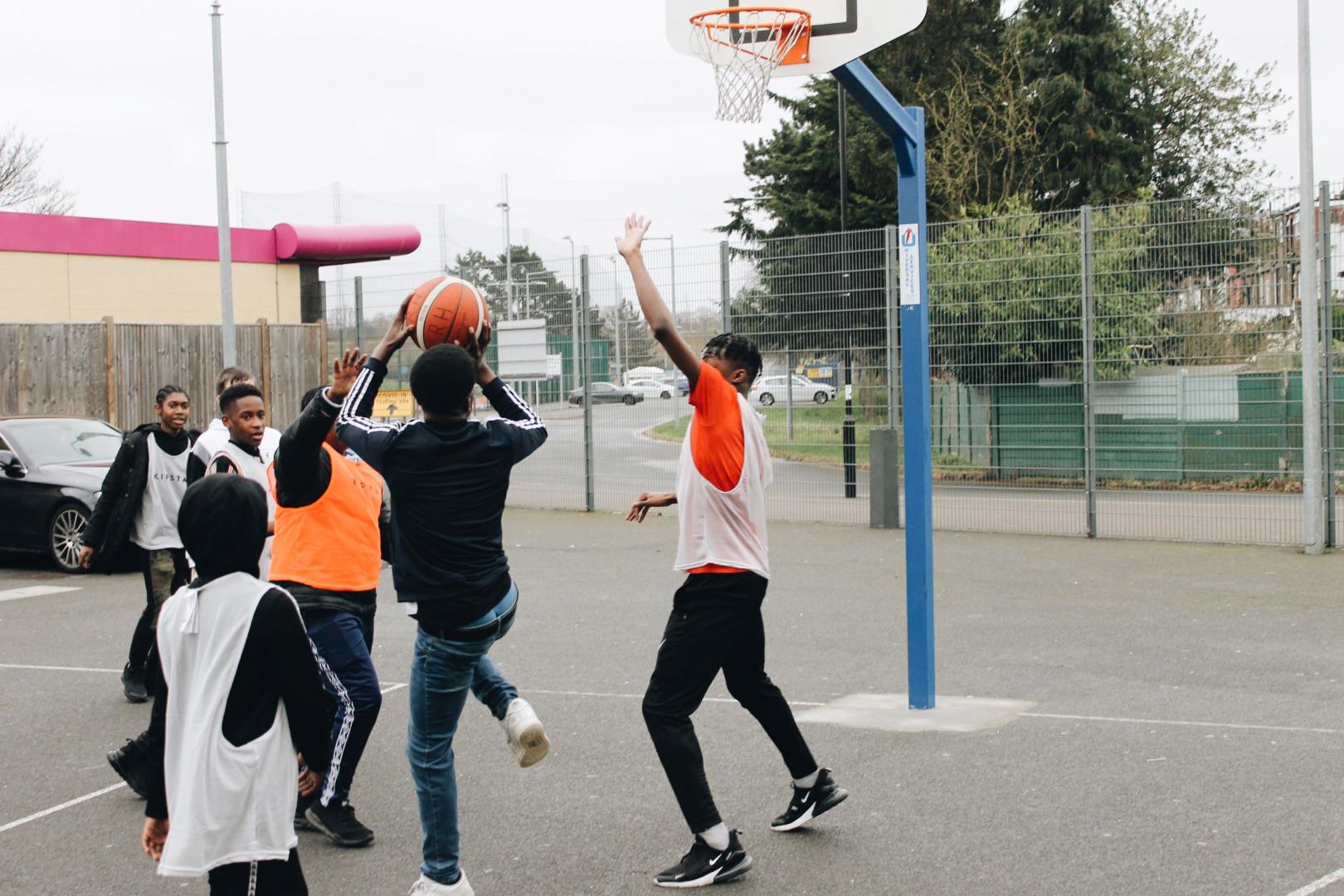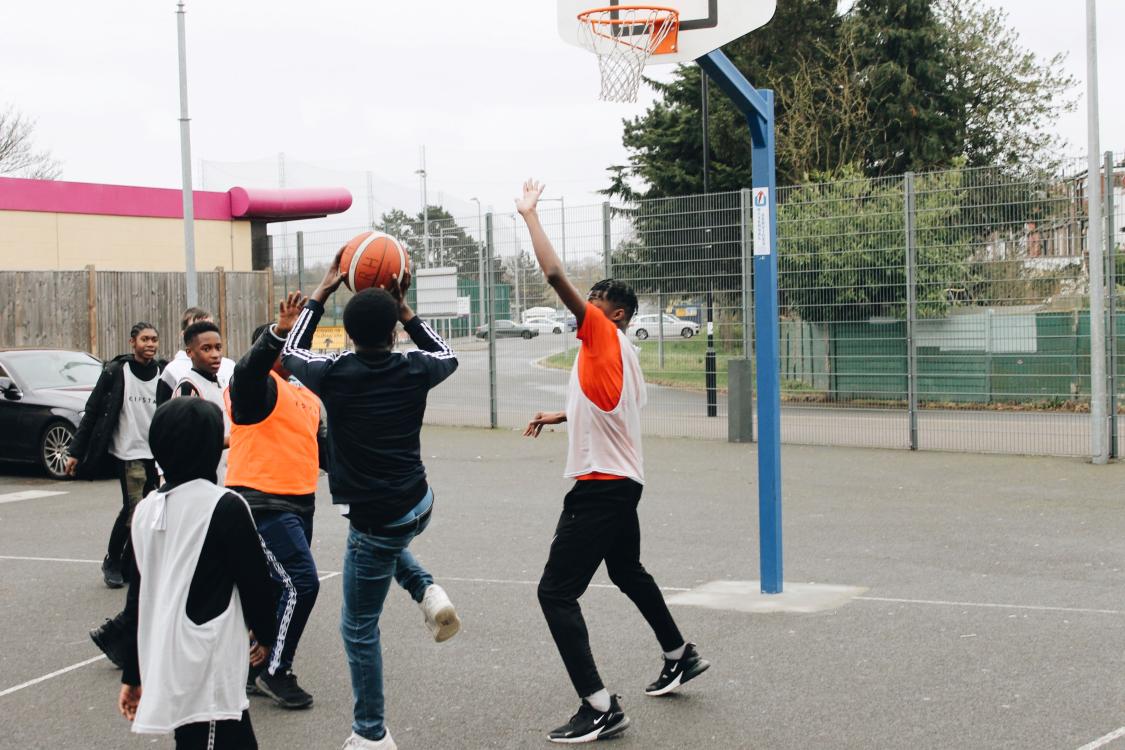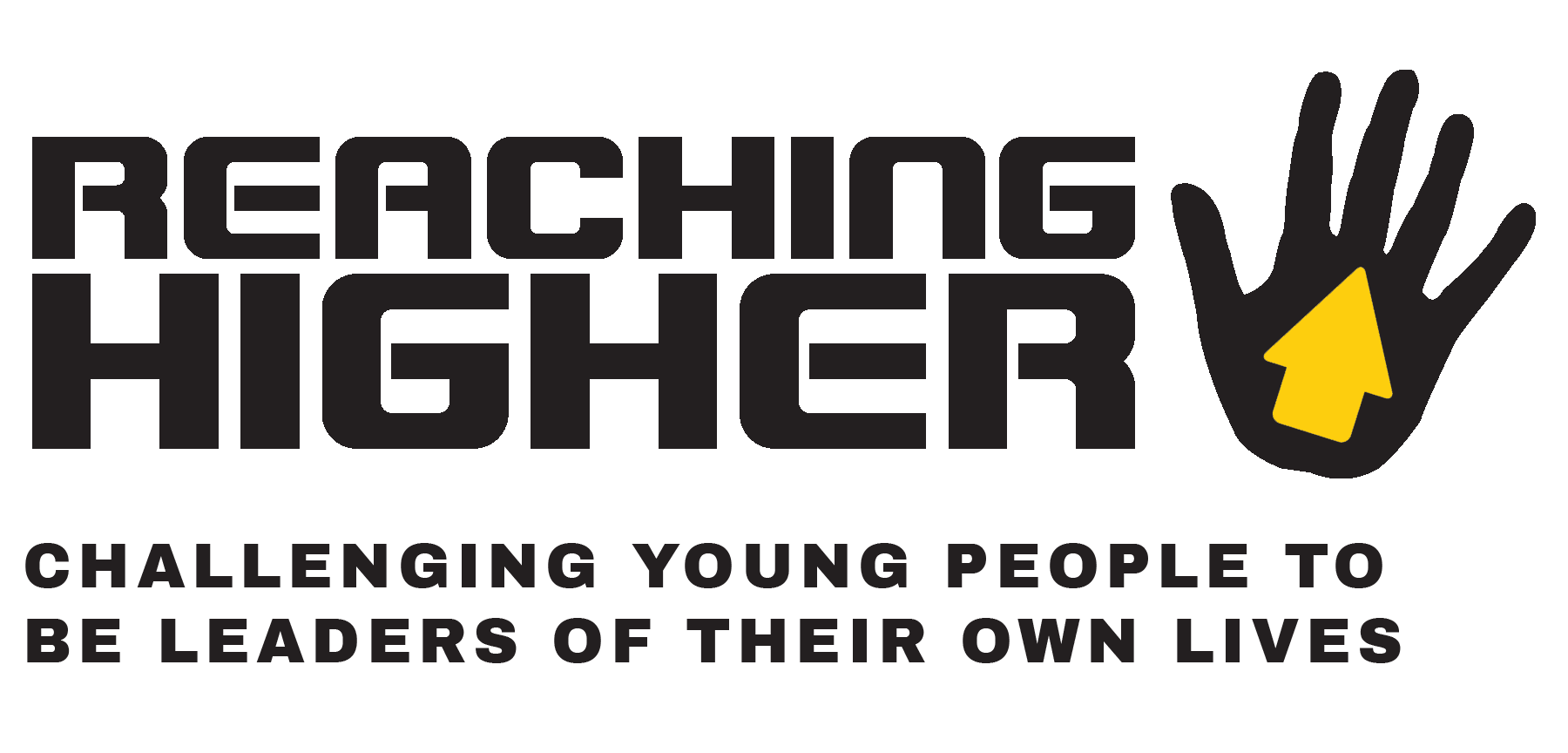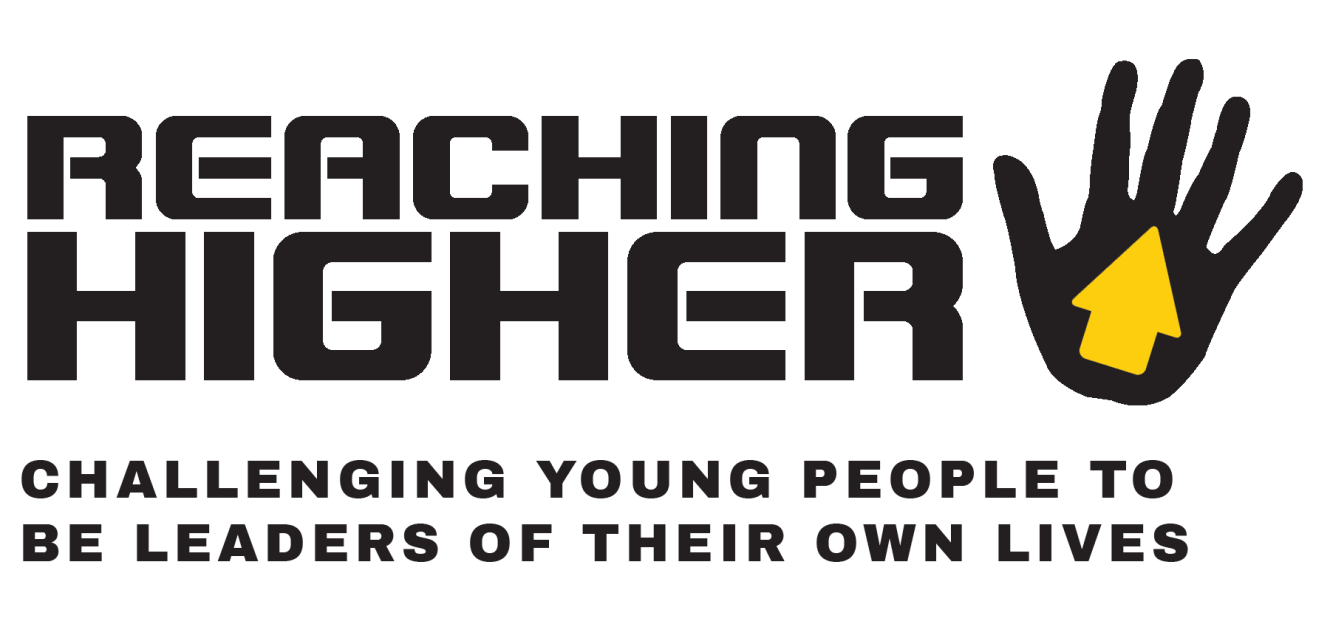

"By connecting delivery teams to MEL processes, youth organisations empower themselves to understand the needs of those they are serving"
Jordan Ignatius - Reaching Higher CEO
At Upshot we work with a whole host of youth clubs, networks and associations across the UK.
We recently took some time to get the thoughts of Jordan Ignatius, CEO of Reaching Higher, a dynamic, growing and influential youth organisation in the London Borough of Croydon, who place MEL (Monitoring, Evaluation and Learning) practices at the heart of their vital work.
Find out more about Reaching Higher as an organisation, their journey and the work they do at the bottom of the article...
"By connecting delivery teams to MEL processes, youth organisations empower themselves to understand the needs of those they are serving"
Jordan Ignatius - Reaching Higher CEO
The most important thing for us is ensuring that we intentionally build a team who are committed to serving young people and their families in a meaningful way.
We recognise that the service we provide to and for young people is only as good as the staff team that deliver it. Therefore, we take time to carefully consider how we can best support the development of our staff. Data analysis is one of the areas that we prioritise, understanding that the team on the ground are the experts when supporting the needs of the young people we encounter.
Not only this but as grassroots organisations we must convincingly demonstrate that our way of working …works! This can only be done through effective impact data management across all streams of engagement. Every day we witness and learn about the increased unmet needs of young people in our community. We have access to some of the most marginalised and underrepresented groups and over the years have developed strong and authentic rapports with them.
For us it is important that we don’t just simply exist, we are here to make a difference in our community and lasting change. We understand that to do this we must work together to achieve more, take young people on the journey with us and connect all the great work being done.
Reaching Higher is here to share best practice and learn from other amazing organisations doing incredible work. We are here to add value to the Youth Work Sector by ensuring that our voice is heard at the most influential tables to improve the lives of children and young people. We are wanting to be more involved in social research that further demonstrates the importance of our work within the sector to help shape how funding is distributed and how agendas are prioritised.
We are always seeking and providing more opportunities for effective strategic collaboration with sector senior leaders to drive and shape meaningful change. Our view is that funding is playing a significant role in shaping the focus areas within our community. Too often we recognise that funding priorities do not align with increased unmet needs in the community. We acknowledge the challenge here and wish to be part of the solution. One thing which will help us is being in the rooms where these discussions and decisions take place.
It is crucial for staff to understand the significance of MEL, particularly those delivering on the ground. The Youth Sector depends on youth workers but often these key members of staff are not connected with the data being captured. They are often not responsible for analysing the data even though this process has a direct impact on the work being carried out on the ground. By connecting delivery teams to MEL processes, youth organisations empower themselves to understand the needs of those they are serving. It also has such a significant impact on staff development and enhances key skills for the team.
Funders should connect with grass roots organisations to best understand the challenges being faced. I encourage them to visit organisations and projects on good and bad days to create a realistic picture so that they can be best placed to make a more meaningful impact with their funding.
I think core funding needs to be prioritised to ensure that organisations have time to develop core infrastructures that promote sustainability and longevity, resulting in continuation for young people and communities. Key performance indicators (KPIs) should of course be linked to outcomes but organisational resilience must also be measured alongside distance travelled.
There needs to be a balance between quantitative and qualitative data reporting. It cannot simply be one without the other. Qualitative data is so important, but it is not as compelling if it cannot be replicated and done at scale. Therefore, organisations must recognise the significance of both forms of data. However, it is important to identify that many grassroots organisations do not have the luxury of having a data impact officer as this is not a role which is prioritised for funding. So funders must make a shift to support with key roles like this that truly act as the glue for much of this work.
Reaching Higher’s mission is for young people to be leaders of their own lives, making positive contributions in their communities and achieving their potential.
They have worked with vulnerable young people in Croydon aged 10-18 since 2004 and registered as a charity in 2010. RH were established in response to the range of challenges faced by young people growing up in Croydon Borough, including intergenerational poverty, violence, low educational outcomes, and limited ambitions.
Currently working with over 550 young people per week across a range of school and community-based programmes, using a mentoring-based and trauma-informed approach. Programmes include sports, creative arts, leadership training, group and individual mentoring, youth hubs and school holiday activity schemes.
Reaching Higher is committed to being a youth-led organisation at all levels and co-creates new initiatives with young people. The charity's programmes and impact have grown significantly over the past four years, and many new partnerships are being established with schools and other community organisations.



